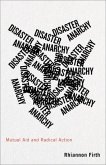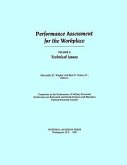What is Anarchism?Modern civilization faces three potentially catastrophic crises: social breakdown, environmental destruction, and the proliferation of weapons of mass destruction. Social breakdown encompasses rising rates of poverty, homelessness, crime, violence, alienation, substance abuse, social isolation, political apathy, and the deterioration of community structures. Environmental destruction threatens the delicate ecosystems on which all complex life depends, while the proliferation of nuclear and other weapons of mass destruction presents a grave danger to global security.Orthodox opinion, including that of establishment experts, mainstream media, and politicians, generally views these crises as separate, each with its own causes, and thus addresses them in isolation. However, this piecemeal approach is failing, as evidenced by the worsening of these problems. Without a new approach, humanity faces potential disaster from catastrophic war, ecological collapse, or societal breakdown-or all three simultaneously.Anarchism offers a unified and coherent way to understand these crises by identifying their common source: hierarchical authority. This principle underlies the major institutions of all "civilized" societies, whether capitalist or communist. Anarchist analysis begins with the recognition that our key institutions are hierarchical, concentrating power at the top of a pyramidal structure. These include corporations, government bureaucracies, armies, political parties, religious organizations, and universities. The book explores how the authoritarian relationships inherent in these hierarchies negatively affect individuals, society, and culture. Section A of this FAQ presents a detailed anarchist analysis of hierarchical authority and its detrimental effects.
Bitte wählen Sie Ihr Anliegen aus.
Rechnungen
Retourenschein anfordern
Bestellstatus
Storno








